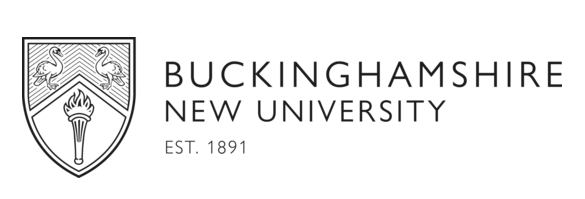
BSc (Hons) Computer Science is a dynamic and future-focused degree designed to equip students with in-demand skills in programming, web development, databases, and cybersecurity. This programme blends theoretical foundations with practical projects to prepare graduates for real-world tech challenges.
October 2025
Three or Four Years
Grays, Essex
Full Time
BSc (Hons) Computer Science programme is designed to give you the skills and knowledge you need to succeed in today’s tech-driven world. Whether it’s learning to design systems, build databases, develop software, or create websites – you’ll cover it all. You’ll explore key areas like programming, networking, web development, and systems analysis.

Blend theory with real-world experience in coding, AI, cybersecurity, cloud, and data science.
You will have the opportunity to work on real-world projects and collaborate with industry professionals,.
Ranked #1 and Ranked #8 in the UK for Student Satisfaction (NSS 2024)
Small class sizes, dedicated tutors, and access to our growing alumni and employer network.

*Positivity ranking amongst registered students (NSS 2024)
Based on responses from registered students (NSS 2024)
At IQUK College, we’re proud to deliver this BSc (Hons) in Computing in collaboration with Buckinghamshire New University, combining expert academic teaching with practical, career-ready learning.
You’ll be taught in small groups by experienced tutors who are actively involved in the tech industry, whether through partnerships, consultancy, or research. This close link with industry helps keep the course current and relevant, and also opens up opportunities for real-world projects, guest lectures, and even internships.
Teaching is a mix of lectures, tutorials, hands-on lab sessions, and interactive seminars. We believe learning is most effective when it feels real, so many of your assignments will be based on real-life scenarios and challenges you’re likely to face in the workplace.
• Software Engineer
• Data/Computer Scientist
• Software Product Manager
• IT System Manager
• Machine Learning Engineer
• Cyber Security Consultant
BNU graduates have gone on to top employers such as:
▪ Amazon
▪ McLaren
▪ NHS
▪ Tata Consultancy
▪ Invesco
▪ Softcat
▪ Dreams
▪ Oxford University Hospitals
Postgraduate Opportunities:
Option to pursue an MSc Computer Science or other master’s degrees or further enhance their employability by obtaining Microsoft Certification™
• Foundation Year: £9,535*
• Undergraduate Year: £9,535/year*
*Please note: Fees may be subject to annual increases, in line with inflation and government policy.
Our dedicated academic team is here to support you every step of the way – from your first class to your final project. You’ll benefit from approachable, experienced tutors who are passionate about helping you succeed.
Discover the foundational principles for programming languages. You’ll study variables, data types, assignment, conditionals, functions, data structures and the object-oriented paradigm. You’ll work with other students on a project to simulate the working environment and will develop your problem-solving and computational thinking skills.
Advance your programming skills by exploring data structures like stacks, queues, and trees, and algorithms for sorting, searching, inserting, and deleting data.
Understand how data is collected, stored, and managed. Explore data handling approaches and evaluate real-world application solutions.
Study UML and object-oriented programming in a practical IDE, enhancing your software development and modelling skills.
Learn principles of research, including ontology and epistemology. Prepare for dissertation or project work through structured research planning.
Dive deeper into programming by mastering advanced concepts such as object-oriented design, data structures, algorithms, and software development practices. Learn to write efficient, scalable, and maintainable code using modern programming languages and frameworks.
Explore scalable data storage, data-driven system architecture, and approaches to data analytics and compute-on-demand infrastructure.
Undertake an independent project on a topic of interest with supervision. This includes research, critical analysis, and a final report with an oral defence.
Study AI technologies, their history, applications, and problem-solving capabilities. Examine definitions and uses of intelligent systems.
Learn principles of research, including ontology and epistemology. Prepare for dissertation or project work through structured research planning.
Examine robust and reusable software solutions through design patterns. Gain insight into their structures, use cases, and implementations.

Small classes led by industry-active tutors

Projects and tasks based on real tech scenarios

Coursework, lab tests, and exams focused on real-world
application of concepts and techniques

Designed to build the real-world skills you’ll need
to succeed in a tech-driven workplace
A BSc (Hons) Computer Science degree opens doors to a wide range of exciting and high-demand roles across the tech industry. With practical skills and a strong theoretical foundation, you’ll be prepared to work in both local and global job markets.







Have questions or need personalised guidance? Schedule a free consultation today and get all the information you need to take the next step in your career!